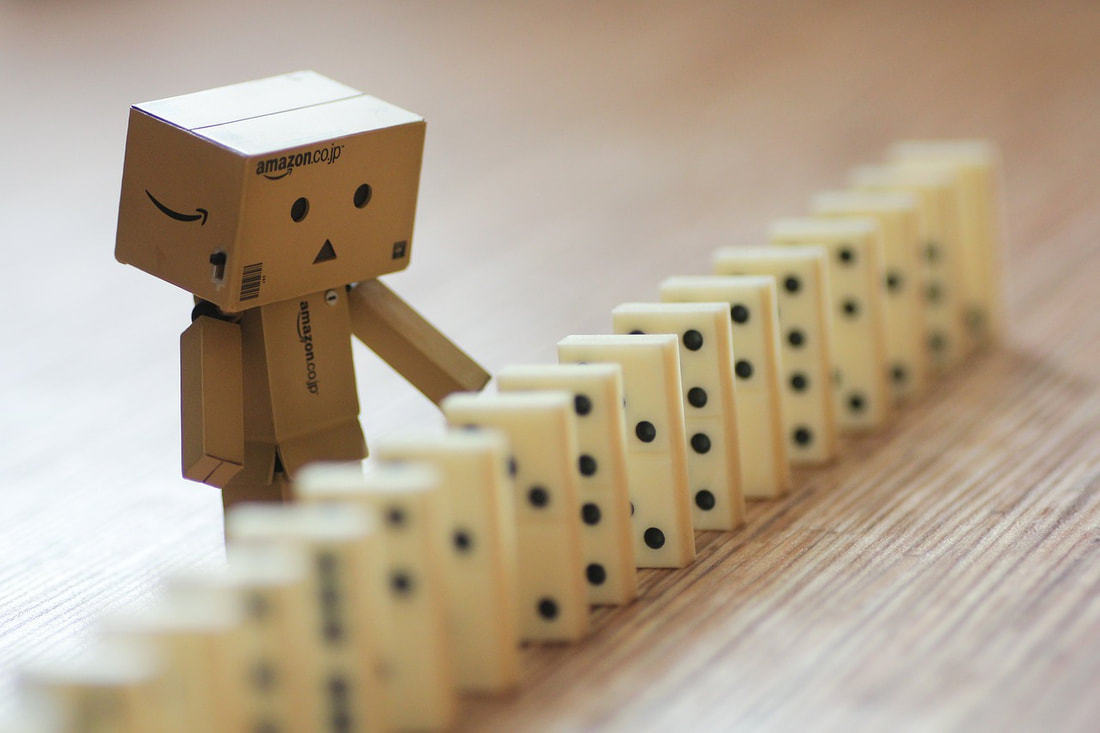|
By: A. Thiollier For those of you who have not yet heard of it, the butterfly effect might be one of the most unpredictable suggestions in science. It is the notion that very small actions, such as, for example, a butterfly flapping its wing, could have a huge impact, like creating a typhoon. You might be reading this and thinking that surely this is wrong. Surely scientists cannot be backing such a crazy notion. How can such small, insignificant things result in such life-changing, earth-shaking events? It might seem impossible, but then again, maybe it is.
The theory is based on the idea that the world is deeply interconnected, and that through a chain of linked events, a single choice could map out the course of a person's entire life. For example, if you chose to go for a walk on a specific day, you might see a café and decide to buy a drink. At that coffee shop, you might meet the love of your life. Perhaps this love of yours will inspire you to follow your dreams and become a writer. Your books may have a global impact and save the environment or stop a war. Of course, it is not every time we stop for a coffee that we meet our soulmates. And if you had decided to not go for a walk, you might never meet your true love again. It can be very confusing, and incredibly unpredictable. If you were to argue that this is true, then you would have to be saying that people’s entire lives, the world’s survival, is simply up to luck. And yet, somehow, this is exactly what scientists are saying. Even Benjamin Franklin, a founding father of the US and a scientist, contributed to this theory with a poetic example of how small actions can have much bigger impacts. So, does this theory really have some truth to it? Maybe it does. There are some instances that make it look quite real. Take covid, for example. Starting through one purchase at a small food market in a city in China, it spread like wildfire and took over the world for more than 2 years. If the person who bought the infected product had never gone to the market that day, would there never have been a global pandemic? Was that the cause of it all? Perhaps this theory, as wild as it seems, might be true. Or maybe it's just another way of explaining the impossible. Maybe, like star signs and superstitions, the butterfly effect is the way scientists - who for so long have been relentlessly searching for an explanation for unexplainable events - are validating fate. The theory is proof of the unprovable. You can't say for sure that it was that coffee shop that made you choose to be an author. You can’t say for sure that the pandemic wouldn't have started anyway. You can’t track each confusing event down to one, tiny thing and say that that was the reason all of it happened. You can only speculate. That’s the butterfly effect: untraceable, mostly unreliable… but a good explanation when all others fail. Whether the theory is true or not, real or fantasy, it's impossible to predict. Maybe you’ve made a life-altering decision already. Perhaps one day when you have become an actor, the president, or a multi-millionaire, you’ll think to yourself: how did my life get to this point? And after some in-depth reflection, maybe, just maybe, you will pinpoint an exact choice you made or didn’t make that got you to where you are now. But the truth of the matter is, at this point in time, we are unknowing of these things. We can’t predict when to visit coffee shops. So, we just have to cross our fingers and make the choices that we feel now, and hope we got it right.
0 Comments
Leave a Reply. |
Categories
All
Archives
June 2024
|

